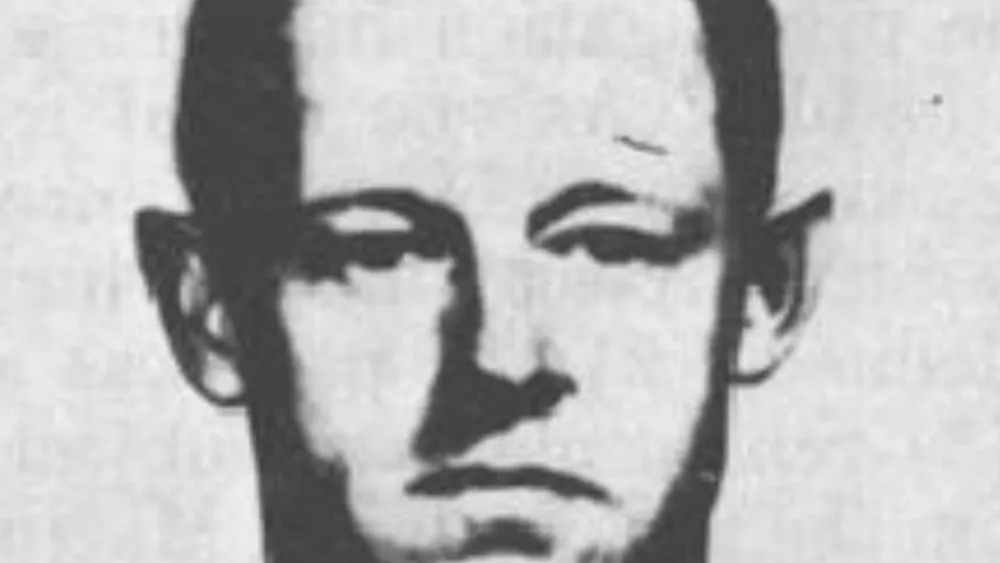E Howard Hunt, whose full name was Everette Howard Hunt Jr, was an American intelligence operative. He took a pivotal role in the Watergate scandal, an event that led to the resignation of U.S. President Richard M. Nixon.
Born on October 9, 1918, in Hamburg, New York, and passing away on January 23, 2007, in Miami, Florida, Hunt’s life was marked by his involvement in clandestine activities.
His most significant notoriety stemmed from his imprisonment, which lasted 33 months.
It followed his admission of guilt for wiretapping and conspiracy in the 1972 break-in at the Democratic National Committee headquarters. Moreover, this operation was just one of many covert activities organized by Hunt and a group of individuals known as the “plumbers”. This moniker reflects their role in “repairing leaks” of information detrimental to the president, Richard Nixon.
Formative Years of Covert Expertise
E. Howard Hunt’s upbringing in a family steeped in military tradition undoubtedly profoundly influenced his career path. His decision to pursue a degree in political science at Brown University was a significant step toward his future in espionage and covert operations.
During these formative years, Hunt began to develop the skills and knowledge that would make him a valuable asset to the intelligence community. World War II was the crucible that would forge Hunt’s identity as a spy. Joining the Office of Strategic Services (OSS), the precursor to the CIA, was a pivotal moment in his life.
Furthermore, as an OSS member, Hunt immersed himself in the cloak-and-dagger world of intelligence. It refined his intelligence-gathering skills and provided support to resistance groups in Europe.
These early experiences shaped his skills and instilled in him a deep understanding of the complexities of international politics. It also taught him the importance of covert operations. Hunt’s journey into espionage was just beginning, and little did he know that his expertise would lead him to participate in some of the most covert and controversial operations of his time.
E Howard Hunt and his Influential Assignment in Guatemala
After the war, Hunt continued his career in intelligence, transitioning to the newly formed CIA in 1949. Over the next two decades, he was involved in various covert operations, primarily in Latin America. His work included overthrowing governments, gathering intelligence, and engaging in clandestine activities.
One of Hunt’s most influential assignments was his involvement in the 1954 coup in Guatemala, which resulted in the overthrow of President Jacobo Árbenz. This operation, known as Operation PBSUCCESS, marked the beginning of Hunt’s reputation as a skilled and ruthless operative in the intelligence community.
Moreover, his career with the CIA also took him to other hotspots worldwide. It included Cuba, where he played a role in anti-Castro efforts during the early 1960s.
His work in Cuba would later become intertwined with one of the most significant events in American political history—the Watergate scandal.
The Revelations of E Howard Hunt
The Watergate scandal, which unfolded in the early 1970s, is perhaps the most notorious chapter in E. Howard Hunt’s life. By then, a seasoned CIA operative, Hunt was recruited by President Richard Nixon’s White House staff members to carry out illegal activities against Nixon’s political opponents.
On June 17, 1972, law enforcement detained Hunt and other operatives inside the DNC headquarters for their involvement in a series of criminal acts. This involved breaking into the Democratic National Committee offices in the Watergate complex in Washington, D.C.
This event marked the beginning of a scandal that would ultimately lead to Nixon’s resignation from the presidency in 1974. Fearing that he might become a scapegoat, Hunt began cooperating with federal investigators, shedding light on the extent of the wrongdoing within the Nixon administration.
Hunt was later convicted of conspiracy, burglary, and wiretapping, serving over 33 months in prison for his role in the Watergate break-in. His cooperation with investigators was instrumental in the unraveling of the scandal.
E Howard Hunt and His Success in the Literary World
Following his release from prison, E Howard Hunt chose a quieter path, far removed from the world of espionage. Furthermore, he tried to stay away from the political intrigue that had defined much of his life. In a departure from his covert past, Hunt took on a career as a writer. Drawing from his extensive experiences in the intelligence world, he authored a series of spy novels.
While his writing endeavors were moderately successful, they never propelled him to the same level of notoriety he had achieved during the unruly Watergate era. Yet, Hunt’s transition from a life of covert operations to the realm of literature was a testament to his adaptability.
Through his novels, he gave readers glimpses into the shadowy world of espionage. It offers a unique perspective informed by his insider knowledge. Sadly, E. Howard Hunt’s remarkable journey ended on January 23, 2007, when he passed away at 88.
With his passing, Hunt took with him many untold secrets and stories accumulated during his decades-long career in espionage.

Contemplating the Boundaries
His story is proof of the transformative power of education. Furthermore, it promotes the profound impact of historical events on individuals’ lives. Also, his death marked the closing of an era in American intelligence history. Yet, his legacy remains etched in the annals of espionage and political scandal.
Hunt’s story serves as a reminder of the complicated and often morally ambiguous world of espionage. Moreover, It raises questions about the ethics and limits of covert operations and the accountability of those involved in them.
Moreover, his willingness to cooperate with investigators in the aftermath of Watergate also raises questions about loyalty. It caused the often blurry line between patriotism and criminality. Therefore, in popular culture, E Howard Hunt remains a figure of fascination and curiosity.
E. Howard Hunt’s life will continue to be a subject of historical study and debate. He is a testament to the complex and often shadowy world of intelligence and politics.










